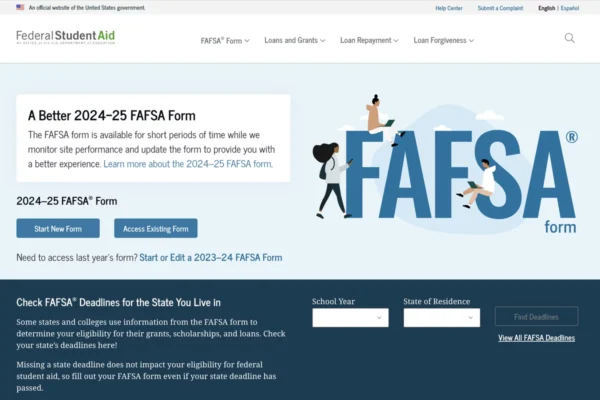There is no good reason to abandon the Chevron deference, a landmark Supreme Court decision in place for 40 years that says courts must defer to federal agencies’ expertise in interpreting laws, according to an expert on administrative law and regulatory reform at Washington University in St. Louis.

In 1984, the Supreme Court decided in Chevron v. Natural Resources Defense Council that courts should give broad deference to a federal agency’s reasonable interpretation of ambiguous statutes. After oral arguments before the court on Jan. 17 in two cases brought against the National Marine Fisheries Service, it’s unclear whether the decision, also known as the Chevron doctrine, will survive as it stands.
“Agencies have huge advantages over courts in terms of familiarity with technical subject matter, experience with how various solutions have worked out in practice and answerability to the political process,” said Ronald Levin, the William R. Orthwein Distinguished Professor of Law, who has testified before Congress on regulatory reform issues.
“Insofar as a regulatory statute is ambiguous, it makes sense for courts to assume that Congress would have preferred for judges to rely on administrative interpretations in order to benefit from those comparative advantages, and that is what Chevron does,” Levin said.
Replacing Chevron with an entirely new regime would be disruptive, he said.
“Opponents of Chevron attack it by exaggerating its constraints on judges, but the reality is that the doctrine incorporates multiple qualifiers and exceptions that allow judges to head off administrative actions that are unreasonable or plainly unlawful,” Levin said.
Overturning the doctrine would have far-reaching implications across the federal government, in areas as varied as health, technology, workplace safety and more. Agencies frequently use experts to interpret and implement federal laws.
“Artificial intelligence is a good example of a social challenge that Congress cannot handle entirely on its own,” Levin said. “The problems are complex and rapidly changing. Even if Congress were functioning effectively — which it currently is not — it would have to rely heavily on implementation decisions by either agencies or courts. Between the two, agencies are in a better position to take primary responsibility for managing this development.”
A decision in the case is expected later this year.


